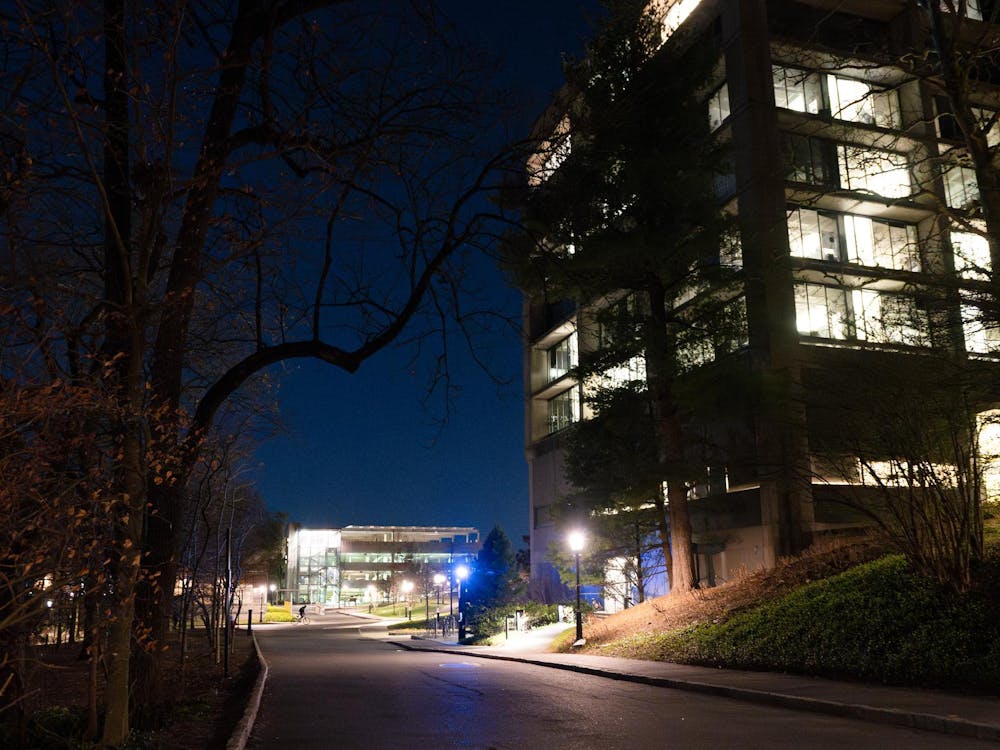The working group’s arguments do have some merit. Students are currently recruited for fraternities and sororities at the beginning of freshman year, before they understand the Princeton social scene or have a chance to explore other extracurricular opportunities. Since most students’ connections with the campus social scene are so inchoate when they arrive at the beginning of their freshman year, they will at that point be most susceptible to broad social pressure to join a Greek organization. That pressure may lead many to choose to rush before they have had the opportunity to experience the full range of what campus has to offer, leading many to prematurely make what they eventually realize was a poor decision.
Furthermore, we believe that scheduling rush so close to the beginning of students’ college careers may have adverse affects even on those who choose not to join a Greek organization. While it may be inevitable that insular, exclusive social groups exist at Princeton, we think it is undeniable that they often have a negative effect on those who are not members. This negative effect is likely to be most pronounced at the beginning of freshman year, when most students lack a stable, developed social life on campus. It is true that many other groups on campus, from sports teams to the debate club, may also foster social exclusivity, but at least there the exclusivity is directed at some other purpose; Greek organizations, by contrast, essentially pursue social exclusivity for its own sake.
We believe these problems would be solved by delaying rush only one semester, though. By the midpoint of freshman year, students are well aware of the diverse social experiences available at Princeton. When rush is delayed to sophomore year, freshmen who would benefit from membership in a Greek organization are denied that opportunity. Furthermore, moving rush to sophomore year creates unique problems. Jake Nebel ’13 notes in his open letter to President Shirley Tilghman that sophomore rush will amplify the pipeline effect between Greek organizations and eating clubs. By the beginning of sophomore year, many students already have specific plans for Bicker and would likely allow those Bicker plans to influence their decisions about Greek organizations — a result the University rightly finds problematic. Finally, moving rush to second semester may also reduce the duration of hazing by Greek organizations. Many fraternities have a yearlong pledge process. If students rush during second semester, half-year pledge processes will become more common.
We urge the University to modify the working group’s proposal and instead ban rush for only the first semester of freshman year.







